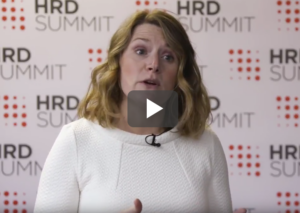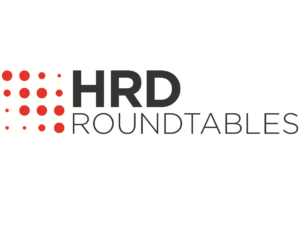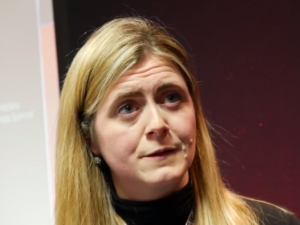Five steps that turned around a ‘not fit for purpose’ culture
- 4 Min Read
Cafcass was branded “not fit for purpose” on several occasions by regulator Ofsted. But the organisation turned itself around thanks to a major culture shift.
- Author: Lucinda Beeman
- Date published: Feb 5, 2016
- Categories

Founded in 2001 when 114 autonomous bodies were merged into a single organisation, Cafcass has had its fair share of troubles, including being branded “not fit for purpose” on several occasions by regulator Ofsted.
With staff taking an average of 16 sick days per year, performance was low and the brutal reports sank morale and motivation deeper.
The organisation had lost sight of its overall business goals.
Speaking at the HR Directors Business Summit, Cafcass CEO Anthony Douglas explained why employee wellbeing was so important to the organisation: “When you’re working with extremely vulnerable children you have to make sure that no cases go wrong.
“To do that you need staff who are 110% fit, because it’s work where you are challenged. That’s why so many staff drop out — and why the motivation of staff becomes so crucial.”
Faced with such tremendous people challenges, the Cafcass’ management and HR team set out a vision that would turn the organisation around – reducing sick days in half and slicing stress absence by 60%.
In 2014, bouncing back from several poor Ofsted reviews, Cafcass was rated “good with outstanding leadership” by the regulator.
Here are five ways Cafcass turned its culture around:
Grapple with toxic subcultures first
In the early days of Cafcass, Douglas said, the corporate culture was toxic and staff-centred. He explained: “We’d lost sight of the people we were actually working with — the issues were about how staff felt, not how children felt.”
Douglas brought in HR business partners as improvement partners. Together they immediately eliminated a layer of toxic and poor performing staff, clearing the way for high performers to excel.
Make your processes more flexible
Douglas and his HR partners also did away with complex processes and investigations, which could drag suspensions on for six months or more with no progress towards resolution.
He said: “Unless it’s particularly complicated or there is a public accountability, we sit down with the person, get an acceptance of their misdeed and get an agreed tariff about discipline, and try to move on.”
Part of this is turning corners as an organisation when you approach them.
Douglas explained: “Rather than debrief on what goes wrong, it seemed best to strengthen systems and processes rather than analyse mistakes over and over again, to reduce the chance of something going wrong.”
Support your people through transitions
Transitions, Douglas noted, are supremely stressful times in people’s lives. Keep an eye open for them, and lend support.
He said: “Often the children we work with are going through a tremendous transition – it’s important to support people to get through them, and the same is true of staff on their career journey.”
Spend your sickness budget on wellbeing
With so many workers falling ill due to stress, Cafcass needed a serious rethink of its health plan. What they did was focus on wellbeing, shifting the money they spent on ill-health onto keeping their staff centred and happy.
Cafcass now offers a universal health and wellbeing service, including yoga classes and dietary advice, to its 2,000 employees.
“It has been a huge boon to morale and productivity. I reckon you can get about 16% more productivity out of a happy member of staff than one who has left you psychologically,” Douglas said.
Define your staff’s professional tasks
To make his staff’s lives more manageable and their work more focused, Douglas did away with the reams of assessment criteria they were responsible for. Now, they select the three things that matter most in their assessment of children and pay particular attention to those.
Cafcass also created an in-house performance management system to help staff stay motivated and on top of their own performance.
Douglas said: “I think these days we have professional overload – everything is done to excess. We followed the principle of Shanghai maths, where you focus on depth rather than breadth. You do a few things well, not a lot of things not that well.”








